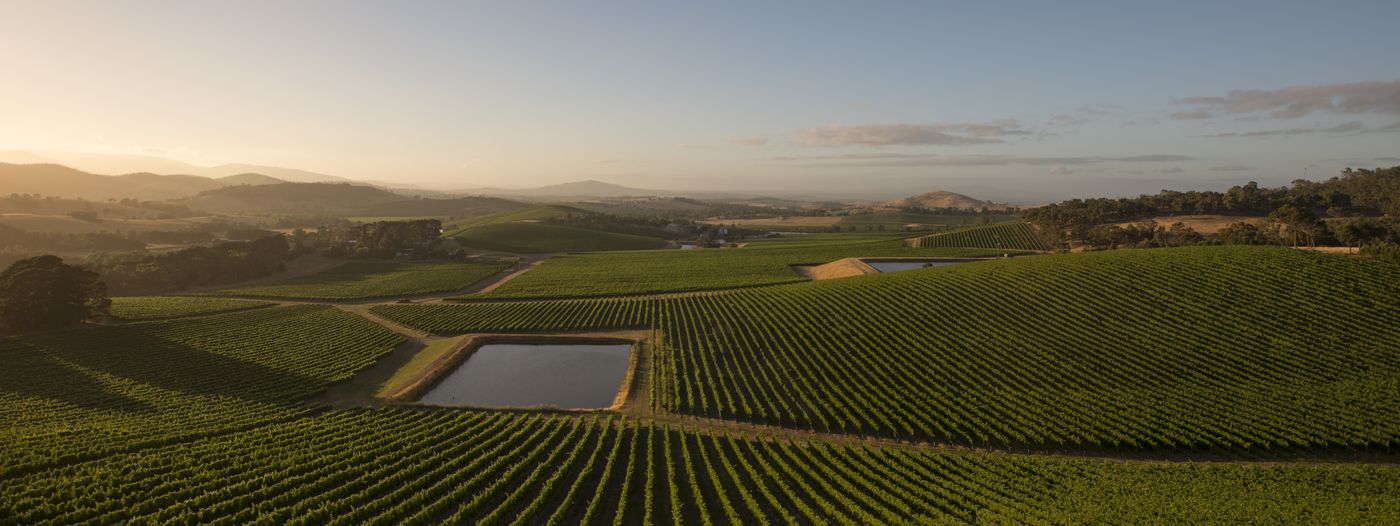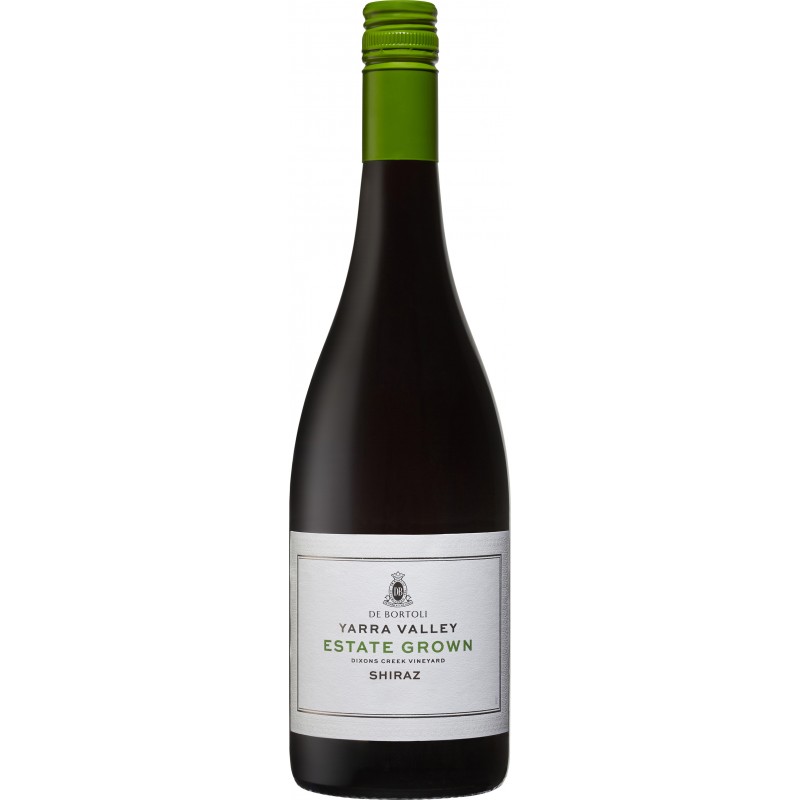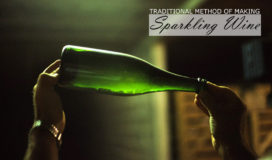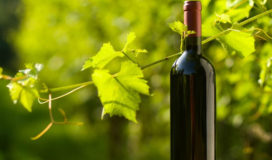One of the biggest winemakers of Australia, De Bortoli, is slated to become the first Australian wine company to reduce waste levels to zero from its wineries. As a part of its ambitious Carbon Economy Project, it invested $15 million and covered all its wineries spread to 4 locations and in two states. With this achievement, it has set a new and higher benchmark for others to follow.
De Bortoli launched this program in 2004 as a part of its conscious and long term effort to reduce the wastage which required large tracts of land for landfill. This was also the result of its application with the New South Wales Environment Protection Authority for expansion of its Bilbul winery which required a commitment to sustainable and environment-friendly practices. The company picked this cue and expanded the scope of its initiative to cover all four wineries.
Already, the company has been successful in reducing this waste from 300 tonnes to 48 tonnes in a year. Now, even this much of waste would not be generated.
How did De Bortoli achieve this landmark?
There was comprehensive overhauling of all aspects of the production process. Almost all aspects of its production were redesigned. These included wine filters and pumps, composite systems, compressors, refrigeration, packaging and lighting systems. Since the company has four wineries in different regions that have different climatic conditions, coordinating the efforts for this cause required considerable determination from the management and staff. Periodic energy audits, feasibility studies and trials were conducted to achieve this goal.
The winery revisited its practices on groundwater extraction and aimed to reduce the salinity of the soil. It stopped using sodium and switched to using potassium based cleansing agents for this purpose. The advantage with the latter lay in the fact that this wastewater which would include potash can be used in fields as a fertilizer. It also worked on the management of waste water, reducing carbon emissions and doing away with the use of synthetic refrigerants.
Waste water treatment plant at Bilbul, an aerobic treatment plant at Yarra Valley winery, composite plant for producing organic fertilizer for farms, plantation of food trees for wildlife, installation of the biggest solar panel array to meet energy needs and reduce carbon emission, redesigning of aeration systems of wineries to reduction electricity consumption and many other investments were done to achieve this objective.
De Bortoli wines long leap on this front is expected to immensely increase its reputation and brand equity besides generating more sales in Australia and in global markets.
















Pingback: De Bortoli Wines to be First Zero-Waste Winery ...